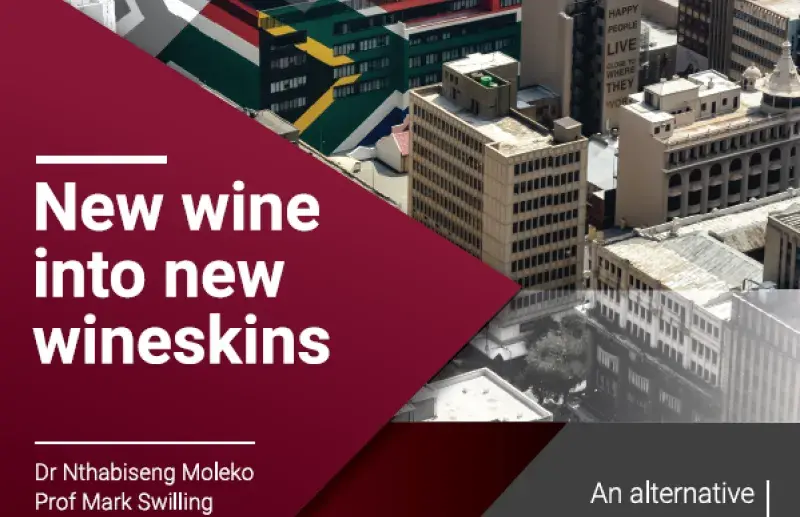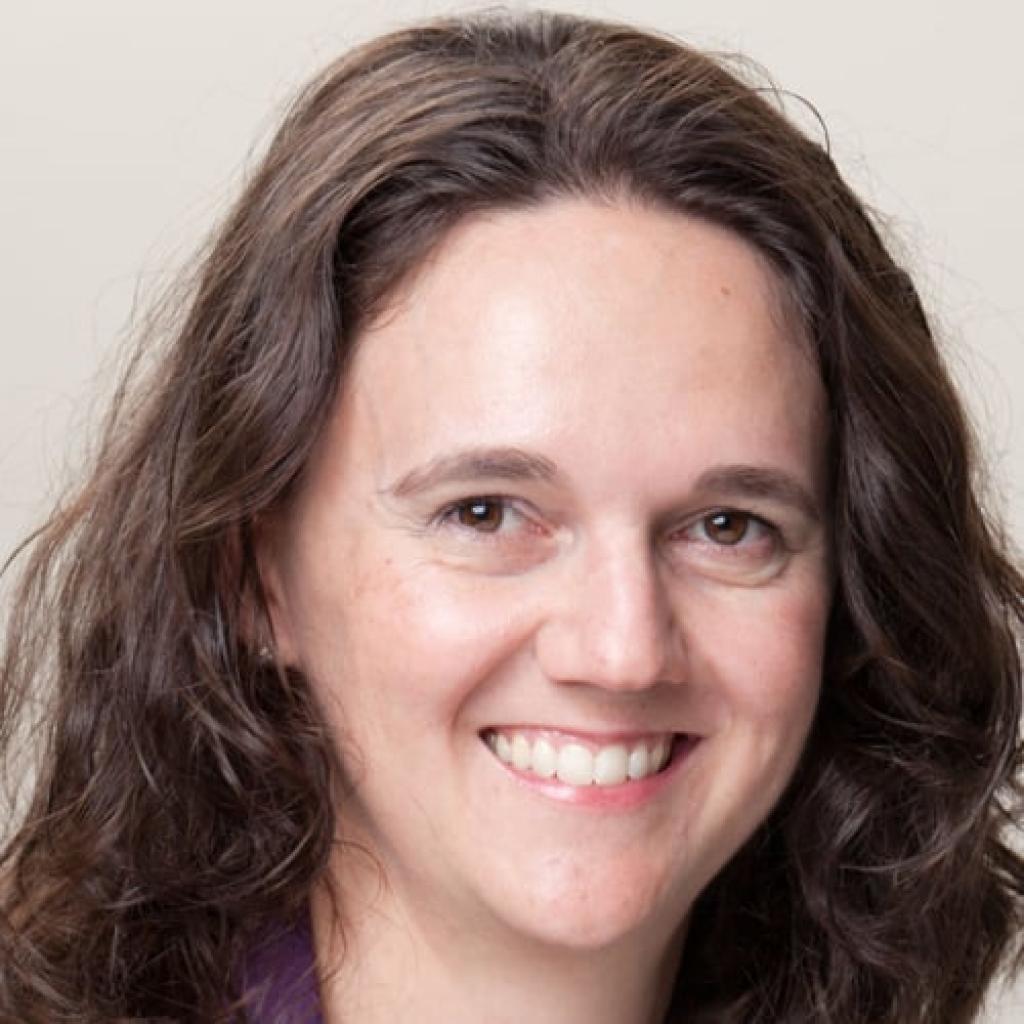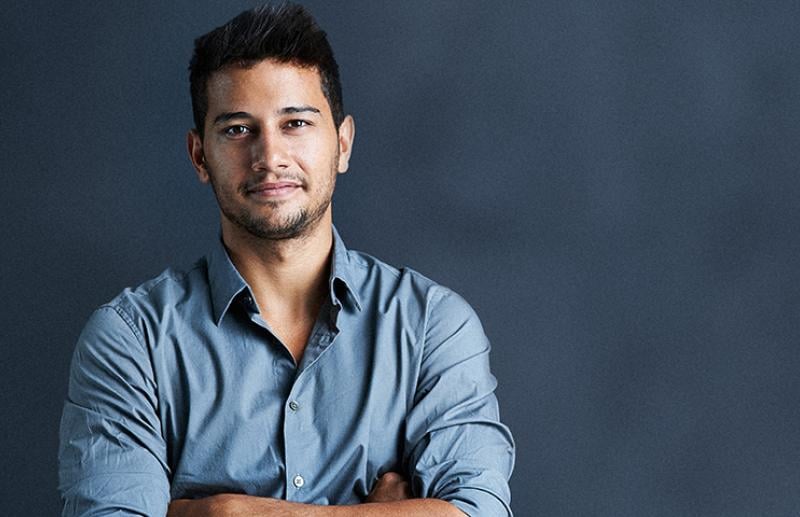Establish yourself as an expert in development finance
The focus of this internationally accredited PhD Development Finance is research to support the growth agendas of South Africa and Africa. Doing research at PhD level will enable you to contribute to a crucial understanding of development finance. Advanced knowledge of development finance is typically required in senior positions in policy-making institutions, government, public and private corporations, financial institutions, and international organisations. This is the first PhD of its kind on the African continent.
Stellenbosch Business School emphasises the creation of knowledge that is particularly relevant to African organisations. This forms part of our social responsibility to strengthen our continent to the benefit of all those involved.
You will also benefit from the Business School’s membership of two international doctoral associations – EDAMBA and the GRLI's Global Doctoral Alliance. This provides you with a worldwide network for the exchange of information and discussion of ideas, and the opportunity to apply for grants and attend summer schools abroad.
During Year 1 as a registered PhD student, you need to do a course-work component requiring you to be on campus for two blocks of two weeks each. From Year 2 onwards, you will be doing supervised research culminating in a PhD thesis. This degree is therefore structured into a course-work component and supervised research.
Establish yourself as an expert
If you want to undertake supervised research to become an expert in your field, our internationally accredited PhD Development Finance will help you achieve this.
This degree is structured into a course-work component (Year 1) and supervised research (Year 2 and onwards) that culminates in a PhD thesis which constitutes the examinable product for which the PhD degree is eventually awarded.
Course work followed by independent research
Year 1: You will follow a discipline-based core curriculum. This course-work component is non-credit bearing but you are required to pass the 3 core courses and submit a comprehensive proposal before proceeding with your thesis. Students who are not graduates of our MPhil Development Finance may be advised by their supervisors to do 3 electives from this MPhil based on their areas of interest.
Year 2: As a PhD student you will be expected to pursue supervised research, culminating in a doctoral thesis.
Timetables
Year 1 (2024)*:
- 22 January – 3 February
- 6 – 18 May
Once you have completed Year 1, you will become a fully registered PhD student. This is followed by the research phase of the programme from Year 2 onwards.
*The Business School reserves the right to change programme dates and times.
Course Structure and Content
Doctoral-level research to support the growth agendas of South Africa and Africa – this is the focus of Stellenbosch Business School’s PhD Development Finance.
During the first year of this programme, you need to attend 2 blocks of 2 weeks each on the Business School’s campus. During this time, you will acquire advanced research techniques and a thorough understanding of the theory and practice of development finance, allowing you to finalise a comprehensive research proposal. Hence, the programme consists of:
- A core curriculum in Year 1: This structured coursework component is non-credit bearing but you are required to pass the requisite courses and submit a comprehensive proposal before proceeding with the dissertation. You need to do three core courses at PhD level.
- A research thesis from Year 2 onwards: As a PhD student you will be expected to pursue supervised research, culminating in a doctoral dissertation. This dissertation must:
- Represent an original and significant contribution to the enrichment and advancement of knowledge on Development Finance
- Demonstrate originality of thought, a theoretical underpinning, relevance to the discipline and rigour in execution
- Create intellectual capital.
These three core modules are compulsory in Year 1:
- Block 1: Advanced Theory and Practice of Development Finance and Global Development Finance
- lock 2: Advanced Research Techniques
During the second and subsequent years, you will do supervised research, culminating in a PhD degree.
There is a shortage of research professionals who can solve contemporary and complex development finance problems.
Programme Fees
Application fee and SHL tests for 2024
Tuition fees for 2024
Important:
Important:
- Payment of full programme fees for South African students: Students can pay the full programme fees upon registration, or they can pay 80% of the annual fees by the end of May and the balance of 20% by the end of September.
Payment schedule (calculated on outstanding fee after deposit payment):
28 February - 31 May - 20% x 4 months (80%)
30 June - 20 September - 5% x 4 months (20%) - Payment of full programme fees for international students: International admitted students pay 50% of the annual fee as deposit. The remainder is due one month before commencement of the programme. The South African exchange rate favours international students.
- Deposit: All students pay a deposit on acceptance of admission. South African students must pay a set deposit on admittance. International admitted students pay 50% of the annual fee as deposit. The deposit payable is non-refundable and will be deducted from the total programme fees.
- Application fee: The application fee must accompany the application. The application fee is non-refundable.
- Fees for second and subsequent years of enrolment: These fees will be adjusted to make provision for annual price increases.
- Travel and accommodation: Students are responsible for their own travel and accommodation arrangements and costs.
- Fee changes: Stellenbosch Business School reserves the right to change the fees at any time.
Please use your Student Number as Reference | Email proof of payment to [email protected] | Quote your student number in all correspondence.
Admission Requirements
Academic requirements
As a result of the multi-disciplinary nature of the programme, admission requirements include:
- A relevant master's degree in Development Finance, Economics, Finance or an allied field, with an average grade of at least 65%.
- The major part of the master's degree (weight within degree) must consist of a written thesis with an average grade of at least 65%..
- A strong quantitative background
- SHL selection test
The SHL selection test
You need to complete the SHL abilities selection test as part of your application process. The test consists of a verbal critical reasoning assessment, numerical critical reasoning assessment, inductive reasoning test, and Occupational Personality Questionnaire (OPQ) on behavioural preferences, which are used for selection and for the identification of your development areas. Find details lower down on this page.
Deadline for applications
31 July each year
You need to complete the SHL abilities selection test as part of your application process. The test consists of a verbal critical reasoning assessment, numerical critical reasoning assessment, inductive reasoning test, and Occupational Personality Questionnaire (OPQ) on behavioural preferences, which are used for selection and for the identification of your development areas.
- Duration: Approximately 3 hours.
- Preparation: No preparation is required. However, you are encouraged to perform a practice test to familiarise yourself with the test format. See shl.com/shldirect/en-us/practice-tests/
- About the test: The SHL test is done online. (Random verification might be requested.) You will be provided with a link to the SHL test once you have paid your PhD Development Finance application fee and SHL selection test fee, and after you have submitted your application form and have received your provisional student number. (You need to use this provisional student number when writing the SHL.)
- Cost: For fees, please see the fees table above. See bank details under How to apply (italics) and use your provisional student number as reference. The application fee and SHL selection test fee can be paid online, and they are non-refundable.
- Link to the SHL selection test: You do not have to arrange with the Business School to write the SHL test. You will receive a link to the test once the relevant payments have been received and you have submitted your application form. The Business School will receive your results directly from SHL and will upload it to your application form on your behalf.
- Additional information: shl.com/en/assessments/cognitive-ability/
- Important: The SHL selection test is valid for 18 months. If your SHL selection test results are older than this, you should ideally rewrite the test as people grow and develop and assessments need to take this into account. Stellenbosch Business School does not consider SHL tests from other institutions as you may have written a different type or level of test, or you may have been compared to a different comparison group. If you have completed the SHL with Stellenbosch Business School during the past 18 months, you do not have to rewrite the test.
Before you start
- The online application form consists of various sections. In order to progress to the next section, all the information in the current section must be completed and accepted by the information management system.
- You will be able to complete the form in steps without losing information (i.e. you do not have to complete the application form in one sitting).
- The application process is the same for South African and international students.
- International students require a South African Qualifications Authority (SAQA) evaluation certificate to evaluate their degrees according to South African standards. The Business School’s International Affairs Office will first handle the credential evaluations of international students free of charge. Students need to complete the online application and upload all certificates with their application. The International Affairs Office will, as part of the application process, conduct an in-house credential evaluation after you have submitted your application. However, should the International Affairs Office be unsure about the status, recognition or accreditation of your qualification, we reserve the right to refer you to SAQA before we consider your application further.
- Applicants can go back to their applications and check the status of their applications.
- All degrees undergo a formal vetting process to eliminate fraudulent applications.
- It is best to use Google Chrome as web browser when completing your application.
- Also see Apply for your PhD Development Finance in 8 steps Link to PDF = PhD Development Finance.pdf
The application process
Click on the APPLY NOW button and complete the online application form by completing each of the required sections. You also need to upload the following supporting documentation:
- Certified copy of ID or passport
- Certified copies of academic records/transcripts
- Certified copies of degree certificates
- Curriculum vitae (CV)
- Motivational essay
- List of publications
- Dissertation pre-proposal
- Consent form to verify your qualifications (please download, complete and upload the form in order for Managed Integrity Evaluation (Pty) Ltd to verify your qualification documents)
You can pay your application fee online.
- Bank details: Bank: Standard Bank; Type of account: cheque account; Account name: US Business School; Account number: 073003069; Branch name: Stellenbosch; Branch code: 050610; Beneficiary name: Stellenbosch University; SWIFT code: SBZAZAJJ.
- Enquiries about payments: Please send an e-mail to [email protected].
Assessment of your application
Your application package, which includes your dissertation pre-proposal, will be reviewed and evaluated the Business School’s Doctoral Committee and your provisional promoter. This may take up to six weeks.
Motivational essay
Write an essay of about 250 words to describe:
- Those academic and/or professional achievements that inform your aspiration to do a PhD and your particular research interest
- Your educational goals and professional aims
- Any information not evident from the rest of your application package which can assist the Admissions Committee to assess the value of your proposed research.
Curriculum vitae (CV)
Your CV must contain:
- Details of your studies to date
- Particulars of previous research experience, including any published articles and papers presented at conferences
- An overview of your activities after the completion of your master's degree
- Two references who can be contacted to comment on your abilities and who can support your motivation for wanting to commence with PhD research.
Deadline for applications: 31 July each year
The dates of the two course-work blocks (two weeks each) during Year 1 will be made available later this year. These blocks are usually scheduled for between January and June every year.
Also note the following:
- Study permits for international students: Obtaining a study permit (study visa) from the South African authorities can take up to 12 weeks from the date of being offered a place on a programme at the Business School. An early start with the application process is therefore recommended.
- Multiple-entry visas: Students from non-SADC African countries and other countries with visa requirements who need to apply for study visas can obtain a letter from Stellenbosch Business School confirming the duration of registration at the Business School. This will help students to obtain multiple-entry study visas in case of modular studies.
Study visa requirements for international students
All residential students who are non-South African citizens and are studying at Stellenbosch Business School require a study visa. Prospective students should contact their nearest South African Mission (South African Embassy, Consulate or High Commission), normally in their country of origin, to enquire about the requirements for study visas for South Africa. Applicants are required to present themselves in person so that biometric data may be captured. All international students can contact the Business School’s International Affairs Office at [email protected] for assistance. All international students must hold a valid visa for their intended activity prior to entering South Africa.
Notes on obtaining a study visa
- Obtaining a study visa from the South African authorities takes approximately 12 to 16 weeks from the date of application. However, some missions may process applications sooner. Sufficient time should be allowed for study visa applications to be processed.
- Your study visa application should include a copy of the letter offering a place on the Business School’s study programme. This letter will be provided by our Academic Administration once the application has been approved. A place on the programme must be confirmed before a study visa application can be considered by the South African Department of Home Affairs. Students should not proceed to Stellenbosch University or its Business School without a valid study visa.
- Although applicants are expected to determine exactly what they require to apply for a study visa, they can be expected to provide the following, among others: a police clearance certificate, proof of medical insurance recognised in South Africa, a radiology report, proof of sufficient funds, and an admission letter from Stellenbosch Business School. Your nearest South African Mission will be able to advise in this regard. The onus falls on the student to make sure that he/she submits a complete application pack.
- All documents should be certified and translated into English before submission (in order not to delay the outcome of the application).
Contact Us
Please contact us if you need more information on this programme or the application process:
Programme enquiries and support with the applications process
Henry Booysen
Telephone: +27 (0) 21 918 4243
Email: [email protected]
Admission and registration enquiries
Marissa Groenewald
Telephone: +27 (0) 21 918 4114
Email: [email protected]
Frequently Asked Questions
A PhD enables you to solve a business problem in a structured way and to gain expertise – through in-depth research – in a particular field. PhD research undertaken at Stellenbosch Business School must also be meaningful because we emphasise the creation of knowledge that is particularly relevant to African organisations. Reasons to embark on a PhD journey include the following:
- Becoming an expert in development finance and to acquire applicable expertise
- Contributing to a crucial understanding of development finance
- Gaining advanced knowledge of development finance, which is typically required in senior positions in policy-making institutions, governments, public and private corporations, financial institutions and regional and international organisations.
Advanced knowledge of development finance is typically required in senior positions in policy-making institutions, governments, public and private corporations, financial institutions and regional and international organisations. It is also required for an academic or research-focused career.
The first year comprises of 2 blocks of 2 weeks each on campus. In view of the intensive nature of the programme, Stellenbosch Business School prefers participants to be fully resident for the first year of the programme to enable them to cope with the rigours of the coursework. The lectures are organised in two blocks of two weeks each and they will take place between January and June every year. Each course is covered in a block and consists of highly interactive lectures, seminars and case discussions. A student who fails to complete the course work and the research proposal after the first year may be asked to withdraw from the programme.
The supervised research that follows in Year 2 can be undertaken from anywhere in the world.
The African Doctoral Academy (ADA) serves to coordinate and strengthen excellence in doctoral education at Stellenbosch University and across the African continent. The ADA’s bi-annual, two-week long Doctoral Schools take place every year in Summer (January) and Winter (June-July), and aim to offer high-impact research and methodology training, as well as options in academic preparedness and career development. The Schools are open to doctoral candidates, their supervisors and researchers in general. Click here for details.
Related Programmes
Related Articles








